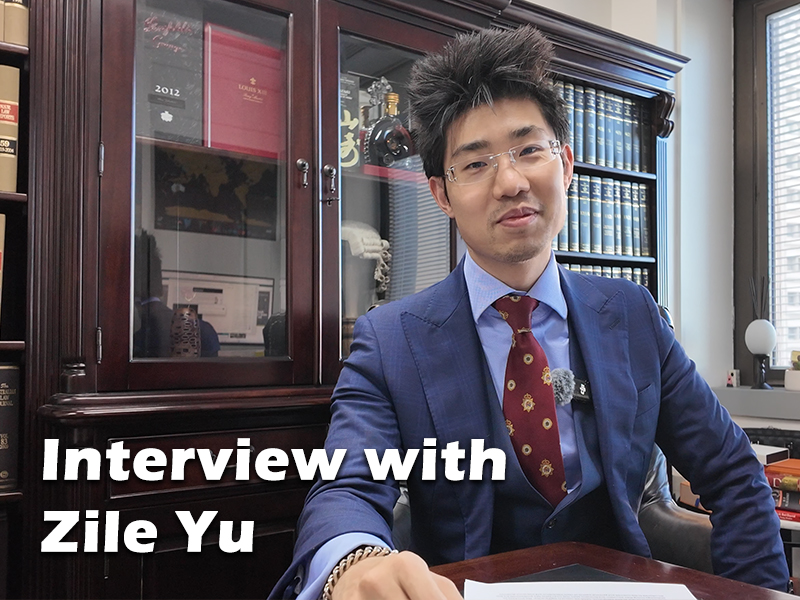- Zile Yu highlights the critical need for the legal industry to embrace technology while maintaining professional standards.
- He advocates for balancing AI and traditional legal practices to enhance efficiency without compromising the human element.
- Yu emphasises the importance of collaboration in legal tech innovation, as seen in events like Global Legal Hackathons.
Speaker profile
Zile Yu is the Managing Partner and founder of Quantum Law Group, recognised as a Top Boutique Law Firm by Australasian Lawyer in 2021. He is also a consultant at Meridian Lawyers, where he became the youngest Consultant in the firm’s history at 28. Yu lectures at the College of Law and has been a prominent figure in legal tech, contributing to various publications and conferences. He has been listed as a Rising Star by Australasian Lawyer and has won multiple awards, including Sole Practitioner of the Year at the 2020 Australian Law Awards.
Embracing technology in law: A necessary evolution
As the Managing Partner and founder of Quantum Law Group, Yu is at the forefront of advocating for the integration of technology within the legal sector. He has consistently emphasized the importance of law firms adapting to technological advancements to remain relevant in a rapidly changing world.
“The legal industry is peculiar in its resistance to adopting new technology, largely due to a combination of professional risk management considerations, a lack of understanding, and the fear of obsolescence.”
Zile Yu, lecturer at the College of Law
Balancing AI with traditional legal practices
Yu stresses the importance of balancing the use of AI with traditional legal practices. He acknowledges that while AI can handle routine tasks efficiently, it should not replace the critical decision-making processes that require human judgment. Newly graduated legal professionals, who are generally more adept with technology, can bridge the skills gap that exists within the profession. However, Yu also notes that these professionals will need to develop strong interpersonal skills and attention to detail to complement their technological prowess. The key, according to Yu, is ensuring that technology enhances rather than replaces the humanistic aspects of legal work.
Also read: EU’s sweeping AI law comes into effect officially
Also read: China revises law on state secrets for data security and restrictions
Collaboration as a catalyst for legal tech innovation
Yu has actively participated in events like the Global Legal Hackathon and the Australian Legal Tech Summit, where he has observed the power of collaboration in driving legal tech innovation. These events bring together professionals, technologists, and innovators to develop user-centric solutions that address the industry’s needs. Yu points out that successful innovations are not just effective but also user-friendly, emphasizing the importance of involving end-users in the development process. By fostering collaboration and encouraging rapid prototyping, these events accelerate the innovation process and promote a culture of continuous improvement in the legal tech space.

